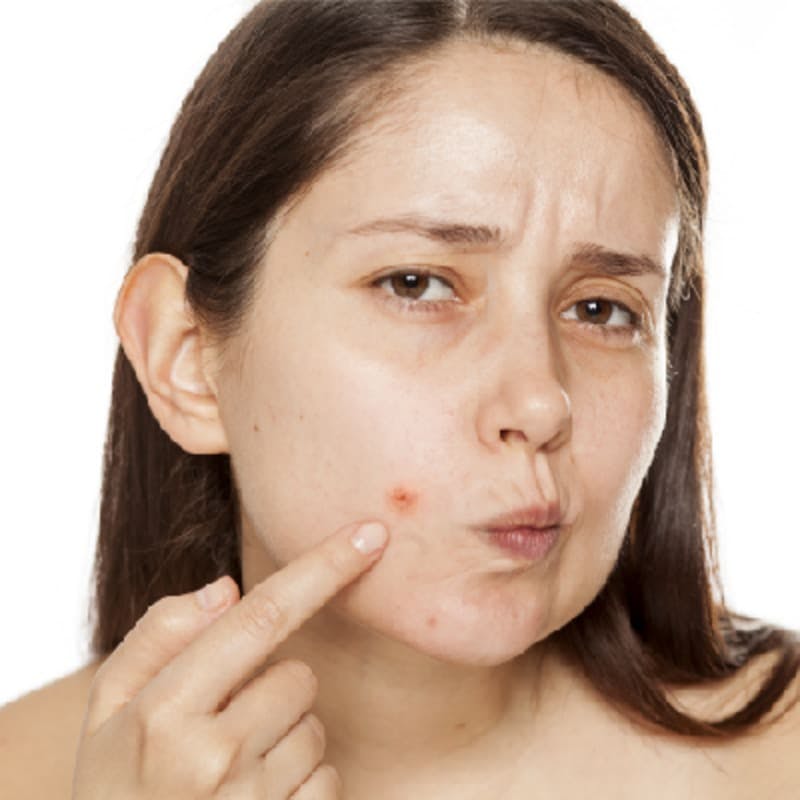With the rise of social media, many people adopt skincare advice given to them by influencers. Because of this, acne has many myths associated with it. These myths often cause more harm than good.
Written by Medical Professional
Can be Treated Online
Appointments Available Today
Written by
Dr Farah Gilani
Doctor
Reviewed by
Dr Faiza Khalid
Doctor
Last Updated:
Next Review: Sep 1, 2025
Guide contents
01Acne myths debunked
Articles related to Acne Myths Debunked
Acne myths debunked
With the rise of social media, many people adopt skincare advice given to them by influencers. Because of this, acne has many myths associated with it. These myths often cause more harm than good.
Some of the most frequent acne myths include poor hygiene, bad diet or an unhealthy lifestyle. Here are the most common misconceptions debunked. We can help with:
Are there any foods that cause acne? And can you get acne at any age?
This chapter covers
- Should you pop spots?
- Does diet affect acne?
- Does poor hygiene cause acne?
- Do cosmetics cause acne?
- Can you get acne at any age?
Should you pop spots?
Despite what you may have heard, spot popping or squeezing may make your acne worse. Squeezing your spots can push bacteria and pus deeper into the skin, causing more swelling and redness. It may also leave you with permanent scarring.
Does diet affect acne?
If you are wondering whether diet affects acne, you’re not alone. Research is constantly being carried out to identify whether a correlation exists between diet and breakouts. At the moment, research suggests there is no clear link that diet causes acne, though it may influence it.
Despite the uncertainty surrounding diet and acne, it is always recommended you follow a healthy diet and lifestyle. A balanced diet is good for your heart and overall health, and is generally good for your skin.
Does poor hygiene cause acne?
Poor hygiene does not cause acne. Many of the biological reactions that cause acne occur beneath the skin, so the cleanliness of your skin has no impact. In fact, excessive washing may make it worse.
Do cosmetics cause acne?
If acne affects your self-esteem, oil-free or water-based make-up can still be used as most cosmetics and skin-care products do not clog pores. Choose products that are labelled as being ‘non-acnegenic’ (should not cause acne) or ‘non-comedogenic’ (should not cause blackheads or whiteheads).
Can you get acne at any age?
Contrary to the common assumption that acne only affects teenagers, acne can also affect adults and babies. Acne most commonly starts during puberty, affecting more than 85% of teenagers, because of increased hormone activity that produces more oil. However, adult acne does affect people in their twenties, thirties and forties.
So, how does it work?
Book in seconds
Select a day and time that suits you — then see a doctor on your phone or at a pharmacy.
Speak to a doctor
Have a video consultation and be examined by one of our expert doctors.
Get back to feeling better
Whether it’s a diagnosis, personalised treatment plan or prescription — our doctors can help.
